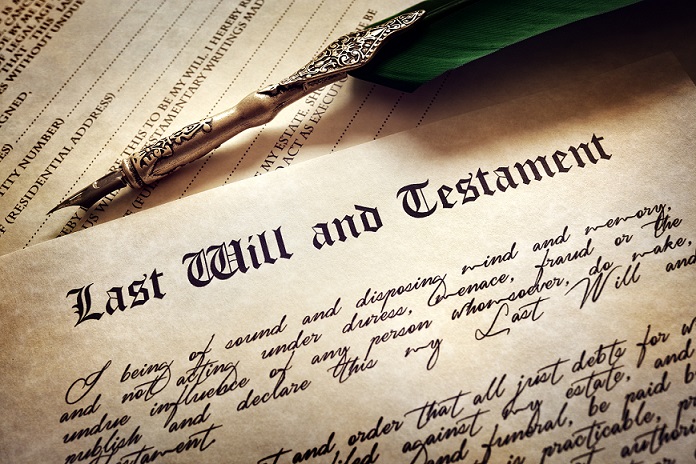It is estimated that just over half of the UK’s adult population have not yet made a Will. This could be due to lack of time, reluctance to think about the end of life or a mistaken belief that their inheritance will automatically pass to specific loved ones. Sadly, however, people who die intestate, i.e. without writing a Will, could be storing up problems for those they leave behind, not least when it comes to sorting out the deceased person’s estate. This is where applying for a Letter of Administration can ease things considerably.
What is a Letter of Administration?
This document gives formal permission for the person named within it to take over the arrangements for a deceased person’s estate, i.e. their money, property and other assets left behind. It grants legal access to the assets in order to pay off any debts, settle outstanding taxes and work out how and where anything left over will be distributed under the laws of intestacy. It is very similar to a grant of probate, which extends the same legal rights to someone who is named in a Will as the personal executor.

A Letter of Administration is also needed in cases where a Will has been left that turn out to be invalid or does not name anyone as executor. Also, suppose a named executor is unable or unwilling to take on the duties required. In that case, the executor or person named in a Letter of Administration will also typically be responsible for letting financial institutions know about the person’s death and identifying and distributing all assets from the estate according to intestacy law. They may also be responsible for arranging the person’s funeral and letting others know of their passing, such as friends and family, employers, suppliers etc.
The role can be carried out by an individual or an appropriate company or organisation, such as a family solicitor. It is usual for the person’s spouse, civil partner, next of kin or closest relative or friend to assume the responsibility and apply for the Letter of Administration. However, a deceased person’s surviving partner is unable to apply if they were not married or joined in a civil partnership. Neither are they automatically entitled to the person’s estate.
How to apply for a Letter of Administration
To apply for a Letter of Administration, you should begin with working out the value of the deceased person’s estate and settling any inheritance tax that is due. This can involve tracking down bank accounts, savings, assets, insurances, shares, property and more. Again, a family solicitor can help with this. You should complete a form that is then sent to your local Probate Registry. This paperwork will require various pieces of information, including:
· Probate application form
· Death certificate
· Inheritance tax form
· Application fee
You will then need to swear an oath at the probate registry office or commissioner of oaths.

How is the estate distributed?
Once the Letter of Administration is granted, you can start working through the steps to ensure that probate is granted, debts settled, and the estate distributed correctly. According to the intestacy laws, if the person did not get round to writing a Will, then there is a set order that must be followed to work out who will inherit their estate and in what proportions. In England and Wales, a surviving married spouse or civil partner will receive the first £270,000 of the estate, along with all personal possessions, regardless of value.
They will then receive half of the remainder, sharing the other half with any children (both from the marriage or civil partnership and those who have been legally adopted, but not including step-children who have not been adopted). If the partner has pre-deceased the person or was not legally married to them or in a civil partnership with them, their children (as above) will inherit, followed in order by any grandchildren, parents, full or half-siblings, grandparents, aunts and uncles and so on. If no family is found, the estate passes to the Crown.
For more details about applying for a Letter of Administration, writing a Will, intestacy laws, probate or inheritance tax, contact Shortlands family solicitors for advice, support or a no-obligation initial consultation.
